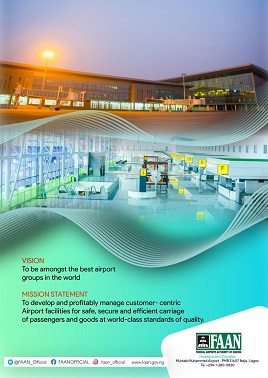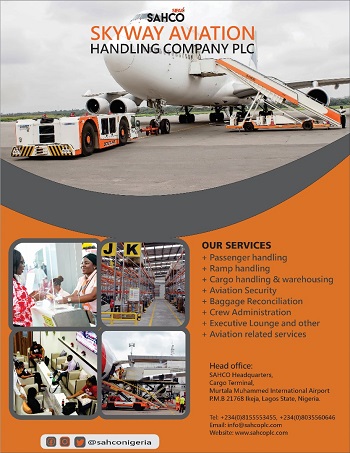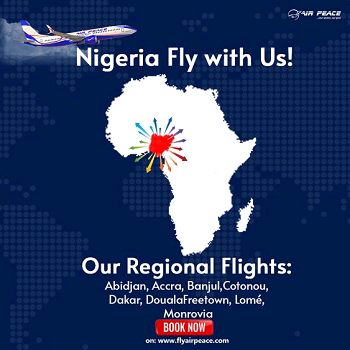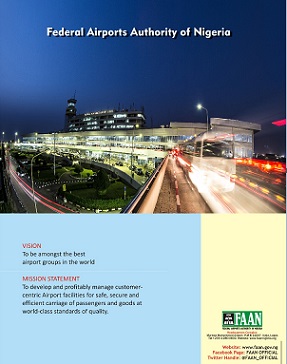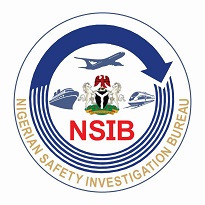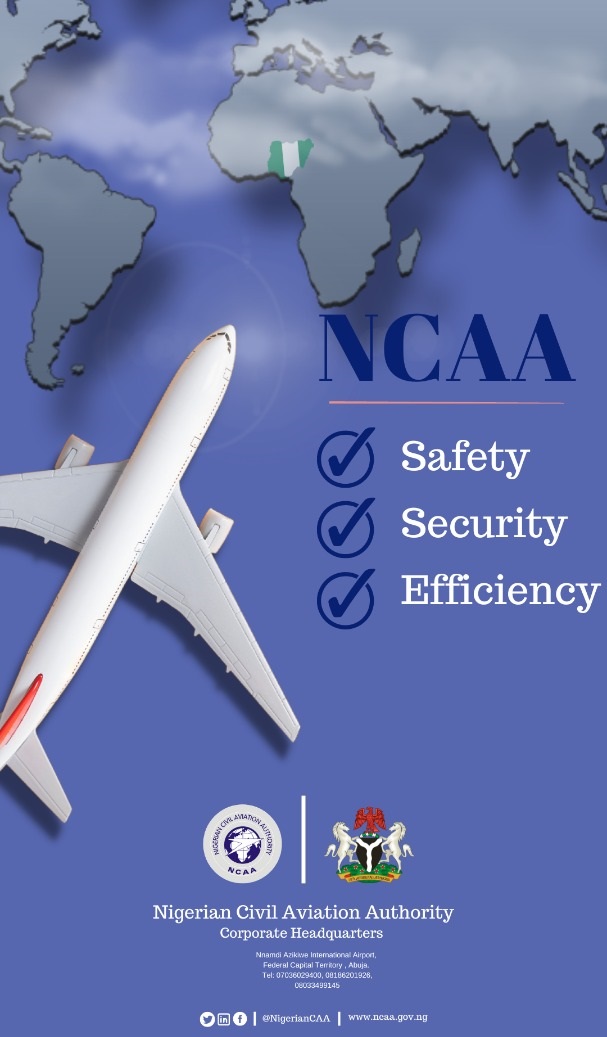Lack of a reliable central data system in the aviation sector of the economy has been identified as a possible major obstacle to the implementation of code sharing and interlining agreements among Nigerian airlines.
This, was the opinion expressed by the Managing Director of Finchglow Group, Mr. Bankole Bernard while answering questions from journalists at the 25th Annual Conference of League of Airport and Aviation Correspondents held at Sheraton hotel Lagos.
According to him, “We are talking about codesharing and interlining among the airlines, how do you think that will be possible when they cannot even rely on information that is available? The information available are coming from different sources. The earlier we have a central data system the better for us, agencies, captains for the industry and even the reporters that will want to rely on the data that they have gotten.
Bankole who therefore argued that information in the aviation industry in Nigeria are not reliable enough to plan for the development of the industry, insisted that there is the need to integrate the data system in the industry.
“On cooperation between regulator and operators
For there to be a meaningful collaboration, we need to have a central data system. With that, I can rely on information coming from one agency to another. But when you look at it, we have a disintegrated system as it were. Until we integrate the system to a point that we all know that the information that I am getting is factual, then we will not move forward,”
On policy implementation, airlines and travel agencies, Bankole lamented that minimum attentions are paid to issues that affect training of personnel in the industry, called for a change in the trend.
“The truth is that policy implementation can never be overemphasized. It is something that has to be on a continuous basis. Over the years, many policies have been formed but how well have they been implemented? How has it reflected on the industry and lives of the people involved? I think we have to shift focus to the impact over the years. As I sat there, I realized that the Act that governs Nigeria College of Aviation Technology (NCAT) was enacted in 1964, whereas all others had been reviewed lately. How come the one that affects industry personnel has been abandoned for decades,” he asked, “It shows that we pay very little attention to the workforce in the industry and that explains why we more often export that aspect of the aviation business. We need to go back to the drawing board and make sure that the personnel are well trained.”
Noting that the inadequacy in the number of accredited aviation training institutes in Nigeria, the finchglow executive Officer therefore called for a review of the law to attract more investors into the system.
“As at today, we only have 20 accredited training organisations in Nigeria, to serve a population of over 200 million people. It is not that people are not interested, but there are no enabling laws to attract investors into this critical aspect of the aviation industry. I think we need to pay more attention to issues that affect human factors in the industry,” he suggested.


